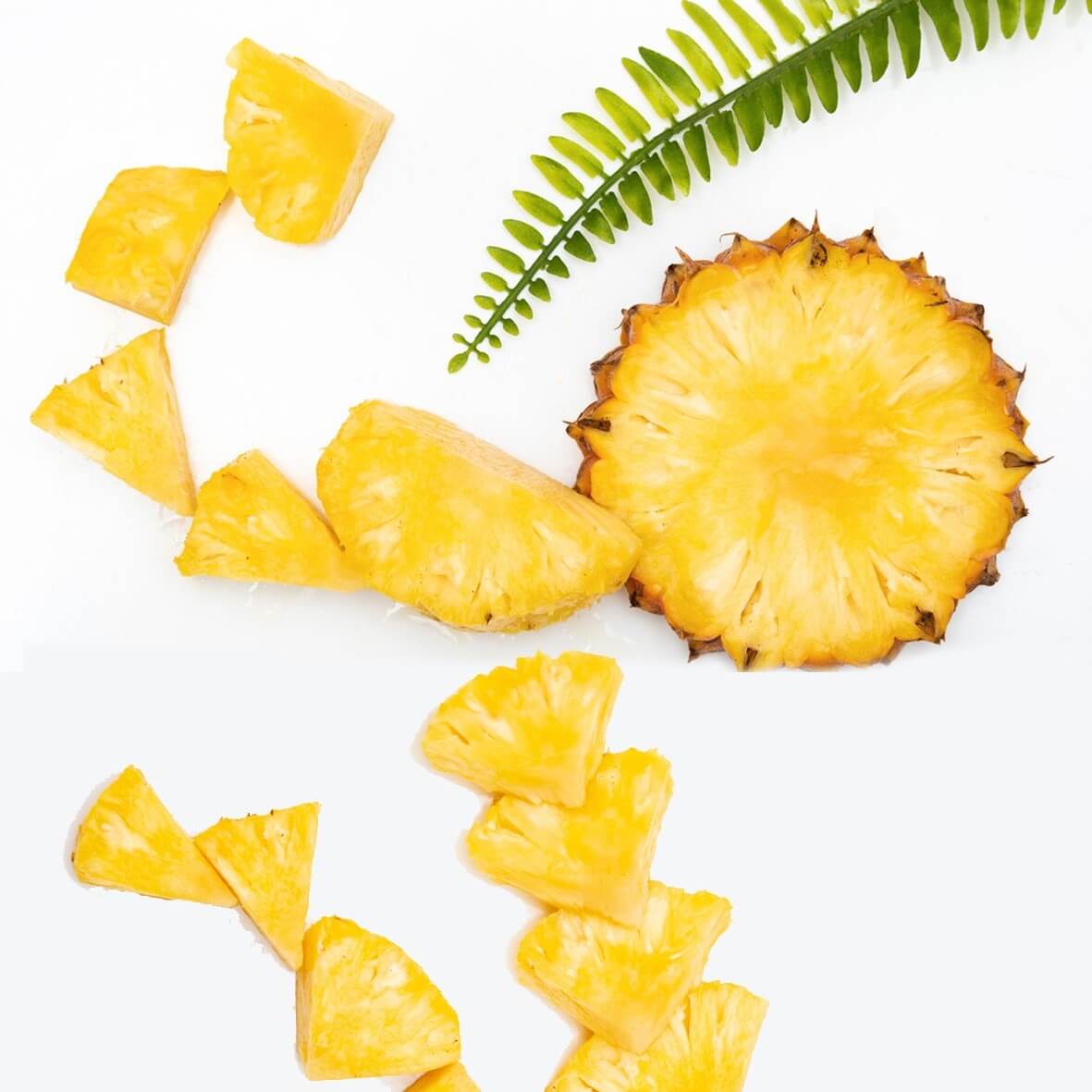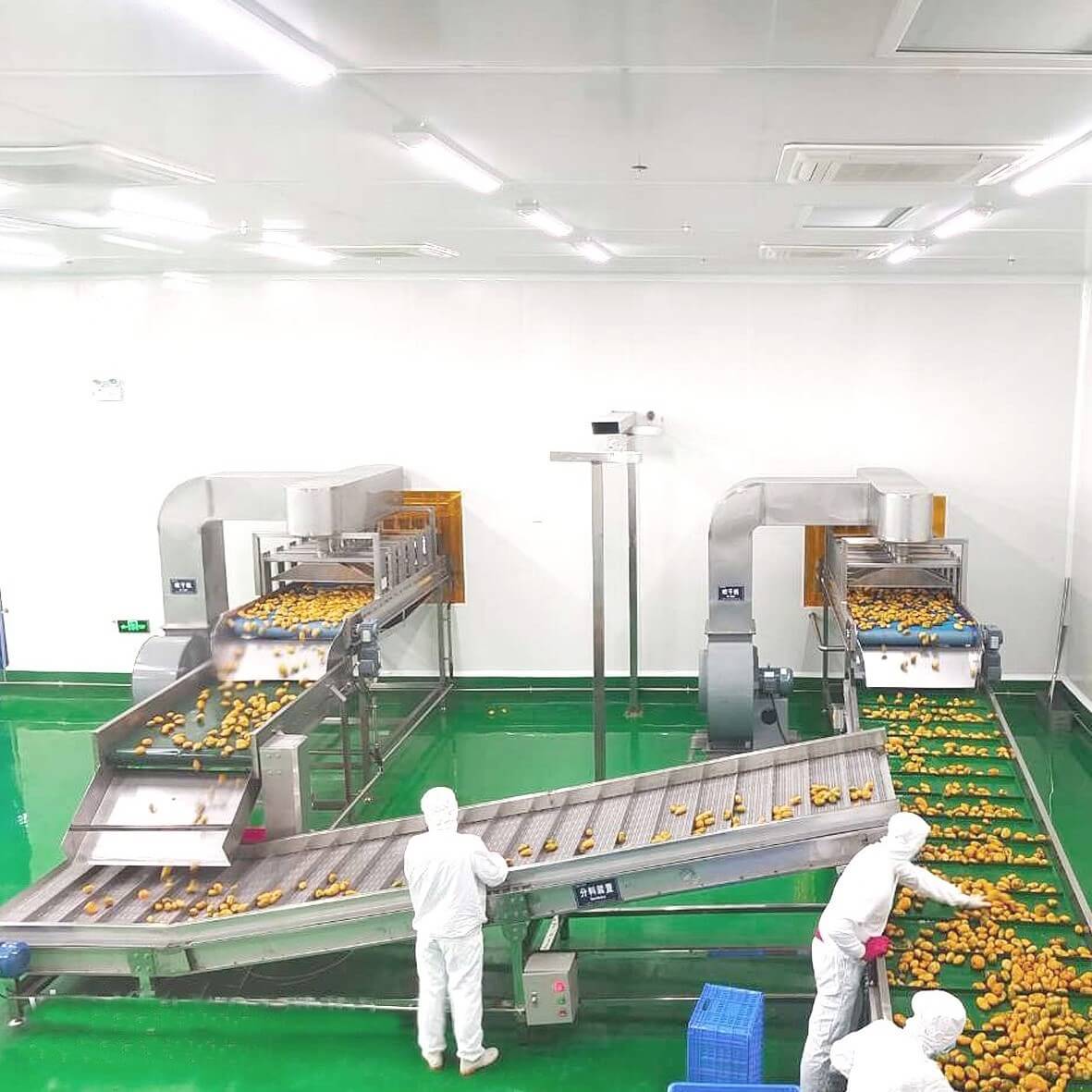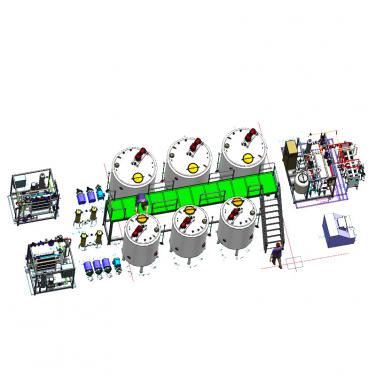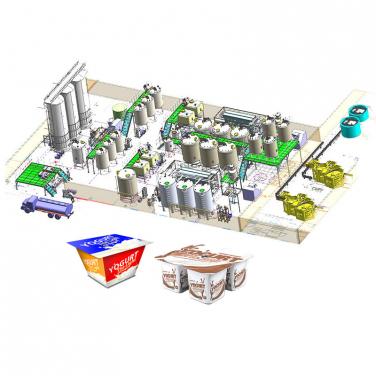
In the process of designing and manufacturing fruit juice processing machinery parts, it is very important to reasonably select and use metal materials. It is necessary to consider whether the performance of the material can adapt to the working conditions of the parts and make the parts durable. Materials are required to have better processing performance and economy, so as to improve the productivity of parts, reduce costs and reduce consumption. In material selection, attention shall be paid to chemical and physical properties, mechanical properties and process properties, such as density, elastic modulus, strength, toughness, corrosion resistance, wear resistance, high and low temperature strength, welding performance, hardenability, heat treatment deformation, ductility, cutting performance, economy, etc. Material selection shall be based on product batches.
When designing parts and selecting materials, the main mechanical properties of the selected materials should be found according to the working conditions and damage forms of parts, which is the premise to ensure the durability of parts. The actual stress condition of parts is complex, so the short-term overload, poor lubrication and internal defects of materials should be considered. Therefore, the mechanical performance index is often the main basis for material selection.

In engineering design, the mechanical properties of materials are usually measured by testing the mechanical properties of samples. Although the material properties can be indicated, the test conditions are different from the actual working conditions of mechanical parts. Therefore, strictly speaking, the mechanical property data of materials still can not accurately reflect the actual bearing capacity of mechanical parts. At present, there are still some difficulties in using this method for production inspection. The most common way to test performance in production is to test hardness. The hardness test shall not damage the parts, and the hardness is related to other mechanical properties. Therefore, hardness is the main heat treatment process of part drawing.
The technological properties of materials directly affect the processing and production of parts. Here are some important technical features.
Casting properties: fluidity, shrinkage, segregation, impurity absorption, etc.
Machinability: smoothness, machinability, etc.
Heat treatment process: hardenability, deformation cracking tendency, overheating sensitivity tendency, oxidation decarburization tendency, cold brittleness, etc.

Steel parts on machines usually have to be forged, cut and heat treated. Therefore, attention should be paid to the process properties of materials when selecting materials. In small batch production, the performance of this process is not outstanding. In large-scale production, process performance may be a decisive factor. When designing parts, attention should also be paid to the heat treatment process.
Generally speaking, the forging, cutting and other technical properties of carbon steel are good, and its mechanical properties can meet the requirements of general parts working conditions. Therefore, carbon steel is widely used. But its strength is not high enough and its hardenability is poor. Alloy steel is usually used to manufacture large section, complex shape and High-Strength Quenched parts. Alloy steel has good hardenability and high strength. However, the forging and cutting process of alloy steel is not very good. The process performance of metal materials can be improved by changing process specifications, adjusting process parameters, improving tools and equipment and changing heat treatment methods.
On the premise of meeting the service performance, attention should also be paid to reducing the total cost of parts when selecting parts and materials. The total cost of parts includes the price of the material itself and all other costs related to production.



